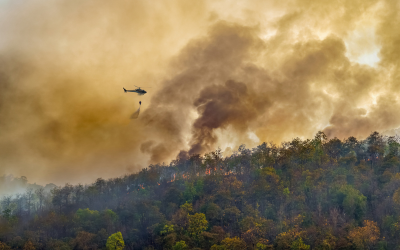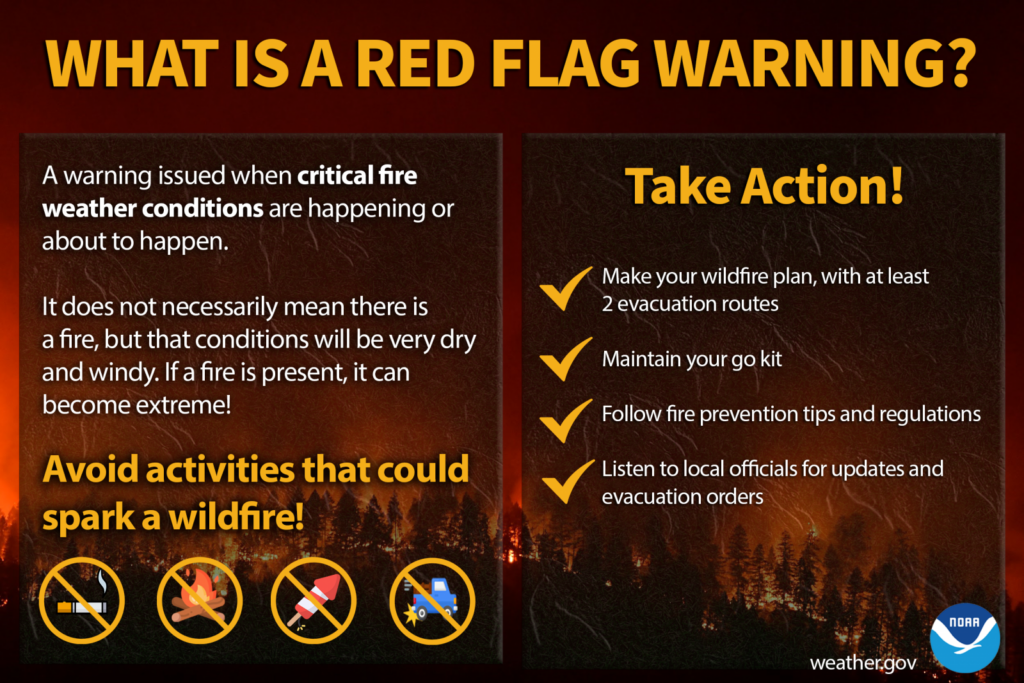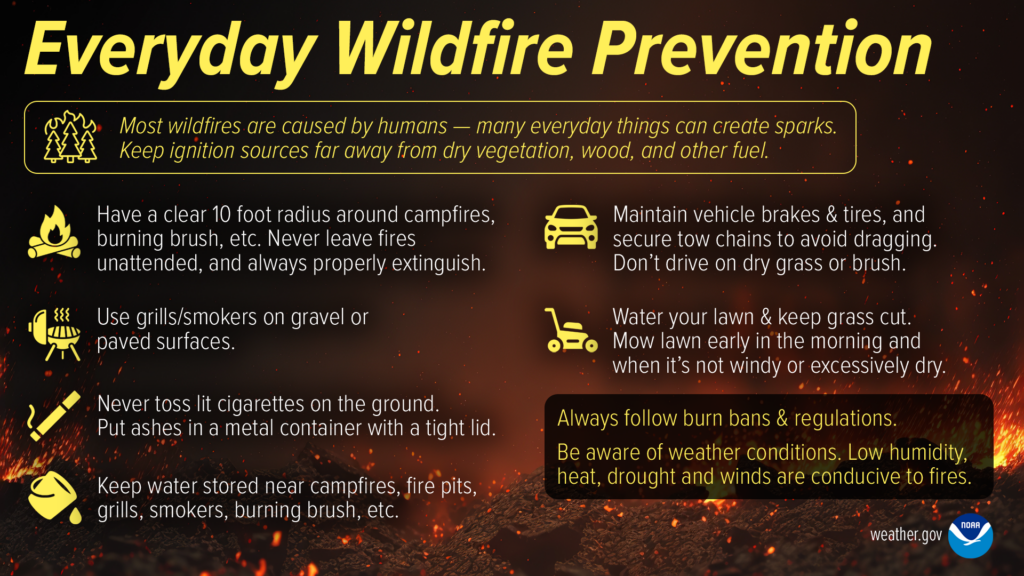
Elevated Fire Weather Risk on Cape Cod: What You Need to Know

All of Massachusetts, with the exception of Cape Cod, is currently under significant or critical drought status. According to the Massachusetts Emergency Management Agency (MEMA), the state has experienced approximately 307 wildfires this season, which is thirteen times higher than an average year.
As a result of the increased risk of wildfires across the state, officials are encouraging the public to avoid any outdoor activities involving fire, or anything that could create sparks or embers.
In a recent video published online, MEMA Director Dawn Brantley states:
“These fires are stretching both our people and our resources to their limits. And so to everyone in Massachusetts, if the safety and well-being of the men and women risking their lives to protect us doesn’t convince you to rethink outdoor fires, please consider the risk to your own families, homes, and communities.”
According to Brantley’s video, every fire this season has been human caused.
Although Cape Cod isn’t officially in drought status, precipitation levels have been lower than average, and the region is considered “abnormally dry”, increasing fire risk. Like other regions across the state, Barnstable County has not been excluded from Red Flag Warnings (warnings issued when critical fire weather conditions are happening or about to happen).

Always Follow Local Burn Bans
Several towns on Cape Cod have implemented outdoor burning bans due to elevated fire risks in October and November. Given the dynamic nature of these restrictions, it’s advisable to consult your local fire department or town website for the most current burn bans.
Everyday Wildfire Prevention
Local and state officials are asking residents to follow these fire prevention tips:
- Remember that burning yard waste is prohibited statewide from May 1 to January 15 and prohibited year-round in some communities.
- Refrain from any outdoor cooking and heating activity, including those that involve fire pits, solo stoves, chimineas, etc. Many cities and towns have implemented temporary restrictions on any outdoor fires.
- Use extra caution with lawn tractors, leaf blowers, all-terrain vehicles, and other power equipment. Sparks, hot engines, and spilled gasoline can ignite dead leaves, dry grass, and other combustibles.
- Dispose of ashes from fireplaces and wood stoves in a metal can, douse them with water, and cover them with a tight-fitting lid. These ashes can remain hot enough to ignite combustibles long after the fire goes out: never dump them outdoors or in the trash.
- Fully extinguish all smoking materials in a heavy ashtray with water or sand. Never discard cigarette butts, matches, or other materials over a porch railing, out a car window, or into dry vegetation.




